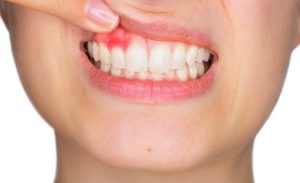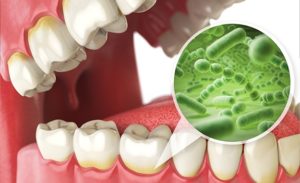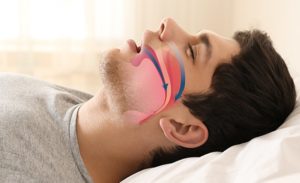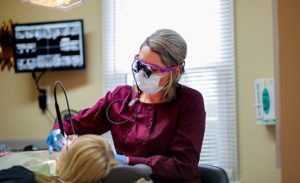
This is a phrase we hear far too frequently when patients call to cancel or change their dental hygiene appointments. When the patient is told that there are no open hygiene appointments for 4-6 months, the response is often, “Oh, that’s okay, it’s just a cleaning.” This lack of concern is only partly to blame on the patient; most of the accountability falls in the lap of the dental team.
If you read this column with any frequency, I am sure you have seen me report that 75% of the population has some form of periodontal (gum) disease. I’m sure you have also read that periodontal disease has been linked to heart disease, stroke, pre-term,… (Read More)

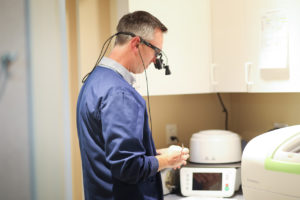
 You’ve had your
You’ve had your 